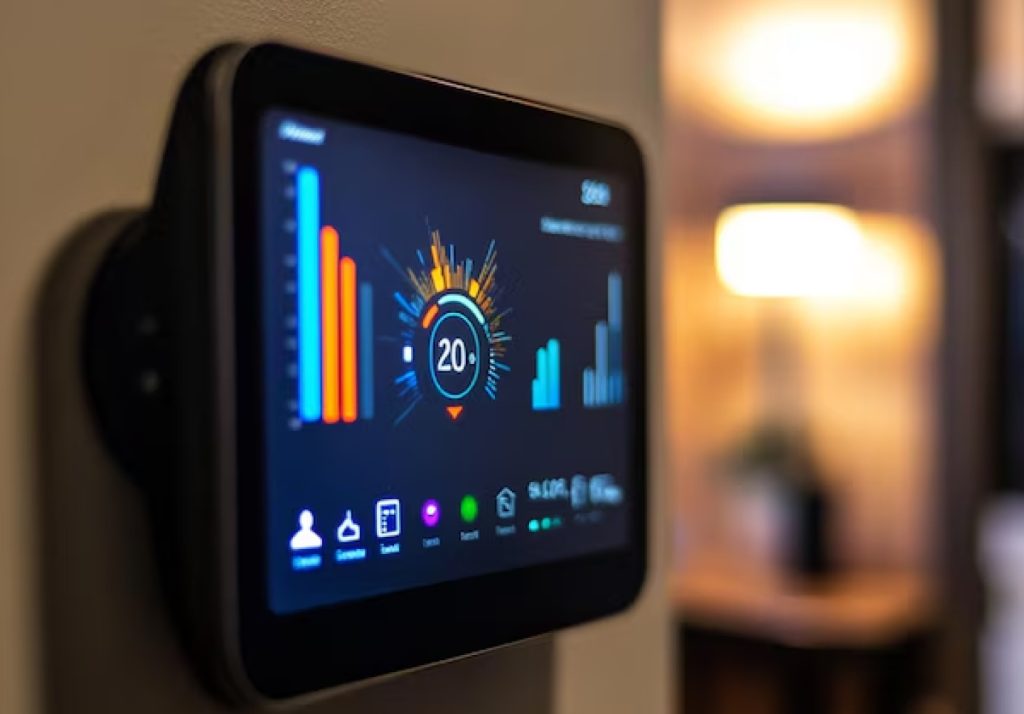
Smart meters are becoming essential household fixtures, helping you control energy consumption, reduce costs, and make greener choices. If you’ve ever wondered what a smart meter does, how it works, or why you might need one, then this guide has you covered. Let’s dive into how smart meters work, their benefits, and what they mean for you and your household energy habits.
What Is a smart meter? 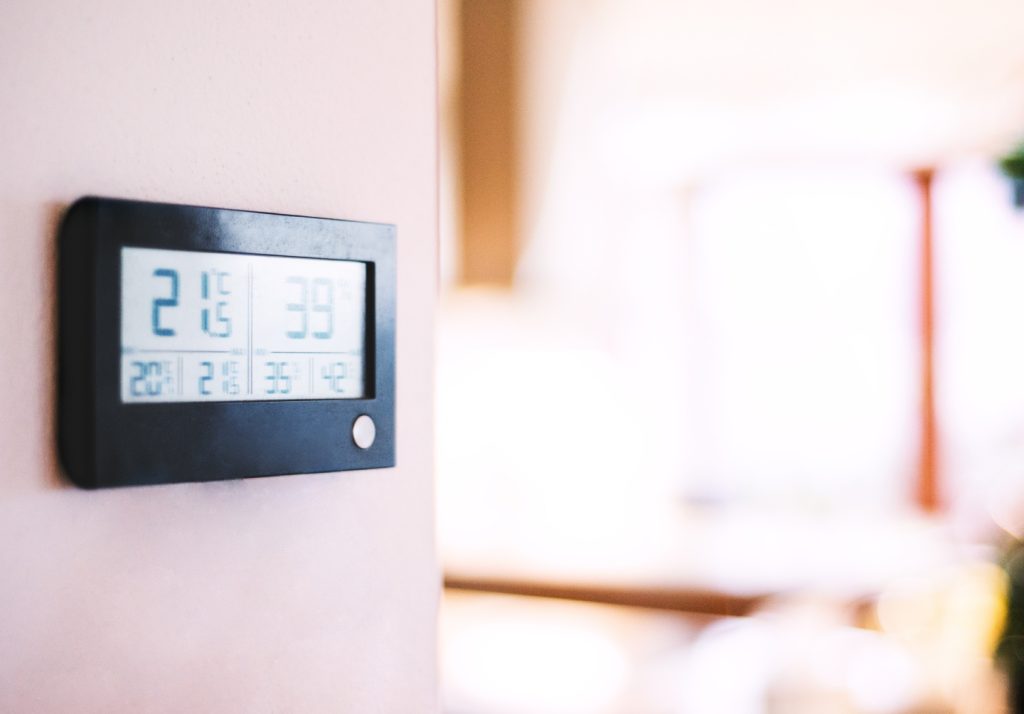
A smart meter is a modern device that automatically records and transmits your gas and electricity usage to your energy provider. Gone are the days of manual readings or estimated bills—smart meters are accurate, automated, and display your energy consumption in real time. They measure in the same units as traditional meters, but their display unit makes it easy for you to see exactly what you’re using and how much it’s costing, often in both kilowatt-hours (kWh) and monetary terms.
For many people, smart meters are revolutionary, taking the mystery out of monthly bills. You’ll no longer receive surprise charges or unclear estimates, but instead, real-time updates and accurate costs.
How smart meters work
Smart meters work similarly to traditional meters, with a few key differences. They measure your gas and electricity use and then send that information to your energy provider. A smart meter comprises two main parts:
- Meter device: The actual meter attached to your property, which monitors energy consumption.
- In-home display (IHD): A small, separate display that provides real-time feedback on your energy usage and costs. This is where you can monitor daily habits and make energy-saving adjustments.
The device communicates with your provider over a secure network, updating your energy data at regular intervals, often every 30 minutes. With the meter doing the legwork, you won’t need to worry about manual readings, and the data provided is accurate and timely. The smart technology also allows for two-way communication, enabling your provider to offer customized advice, optimize your energy plan, and even identify potential savings on your behalf.
The benefits of smart meters

Smart meters provide several advantages for consumers, making energy consumption more manageable and providing insights that can lead to real savings. Here’s what you can expect:
1. Real-Time Tracking for Smarter Consumption: One of the greatest benefits of a smart meter is the immediate access to your energy use. The display unit allows you to observe trends in your consumption, helping you identify when you’re using the most energy. For example, noticing a significant spike during certain times of the day might prompt you to look at energy-efficient alternatives or adjust your routines to save.
2. Accurate, Transparent Billing: With a smart meter, estimated bills are a thing of the past. Your bills are based solely on your real-time consumption, eliminating discrepancies and making budgeting easier. Instead of receiving a bill at the end of the month, you’ll be able to see your energy costs accumulate each day, allowing you to make adjustments if you notice a rise in costs. This transparency is key to managing your household expenses effectively.
3. Promoting Energy-Efficient Living: Smart meters foster greener habits by allowing you to understand how your everyday actions impact energy consumption. Knowing that keeping appliances plugged in or running high-energy devices impacts your bill can motivate small changes. These shifts not only lower your costs but also contribute to a more sustainable lifestyle.
4. Easier Switching Between Providers: If you’re exploring other energy providers, a smart meter provides detailed insights into your energy usage patterns, which makes comparison-shopping simpler. With accurate, real-time data, you’ll be able to choose a provider that suits your needs, and the transition is smoother since all the data is readily available.
How to make the most of your smart meter
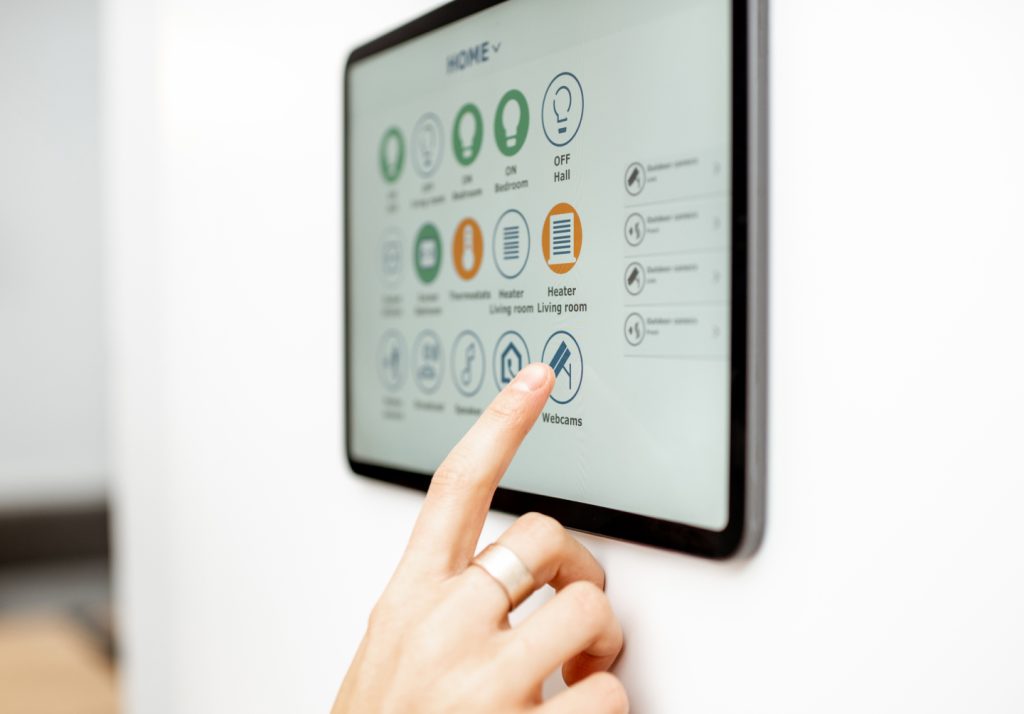
Having a smart meter is only the beginning—you can maximize its benefits by actively using its features. Here’s how:
1. Track Your High-Usage Appliances
Using the in-home display, you can identify appliances that consume a lot of energy. Heating and cooling systems, washing machines, and kitchen appliances tend to be big energy consumers. By tracking these, you’ll have a better idea of where to make adjustments—such as using eco-cycles on your washing machine, unplugging appliances when not in use, or lowering the thermostat a few degrees.
2. Set Energy Usage Goals
Many smart meters allow you to set goals for energy consumption. You can aim to reduce usage by a certain percentage and track your progress daily. This can help you gradually reduce waste and stick to a budget.
3. Share Insights with Your Provider
Since smart meters allow two-way communication, you can reach out to your provider for insights into your energy habits. Some providers offer tailored advice based on your usage patterns, helping you make further adjustments.
Addressing common concerns about smart meters

If you’re considering a smart meter but are unsure about it, you’re not alone. Here are a few of the most common questions people have:
1. Are Smart Meters Safe?
Yes, smart meters are safe. They transmit data securely and use low-power radio signals similar to those in other everyday devices. They’re rigorously tested to meet safety standards and use encryption technology to protect your information.
2. Can My Provider Track More Than My Energy Usage?
Smart meters track only your gas and electricity usage and do not monitor any personal or lifestyle information. The data they transmit is limited to energy consumption and billing purposes, keeping your privacy intact.
3. What If I Don’t Have Reliable Network Coverage?
Smart meters use secure network technology, but in areas with poor coverage, communication with your provider may occasionally be delayed. However, your meter continues recording usage locally, so your readings remain accurate.
How to get a smart meter
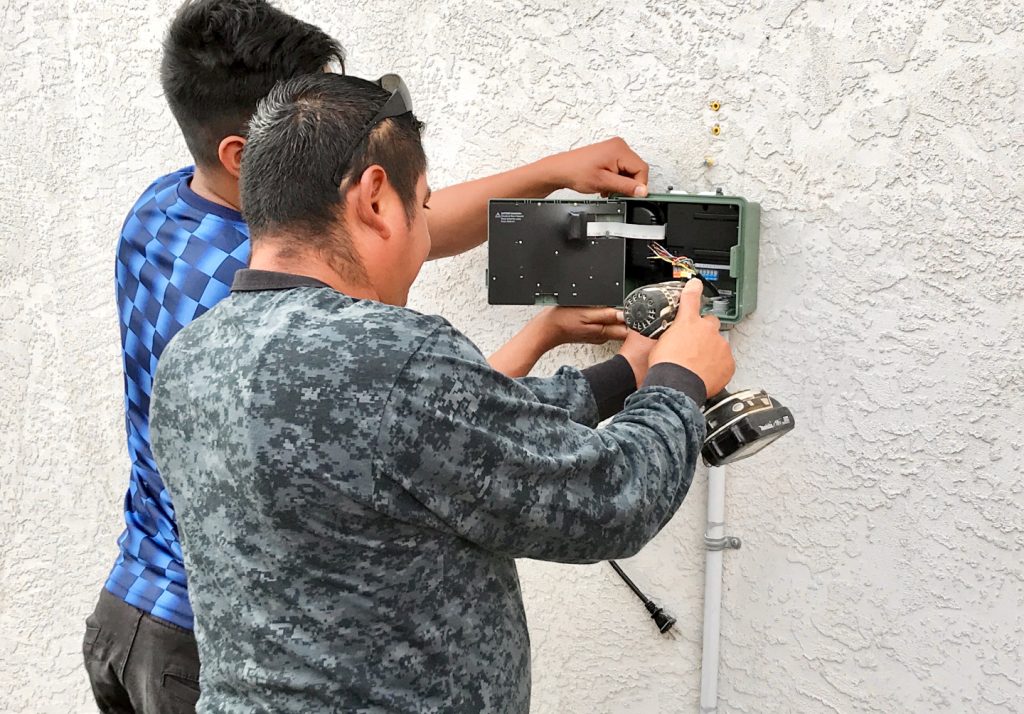
For those interested, getting a smart meter installed is usually a straightforward and often free process. Most energy providers encourage the use of smart meters as a means to promote better energy management, so they’ll be happy to assist. Simply reach out to your provider, who will walk you through your eligibility and set up an installation if you qualify. The process is quick, typically taking about one to two hours, with minimal disruption to your daily life.
During installation, the technician will provide a brief demonstration on how to use the in-home display, read your meter, and set goals. From there, you’re all set to start managing your energy consumption like a pro!
Smart meters and renewable energy
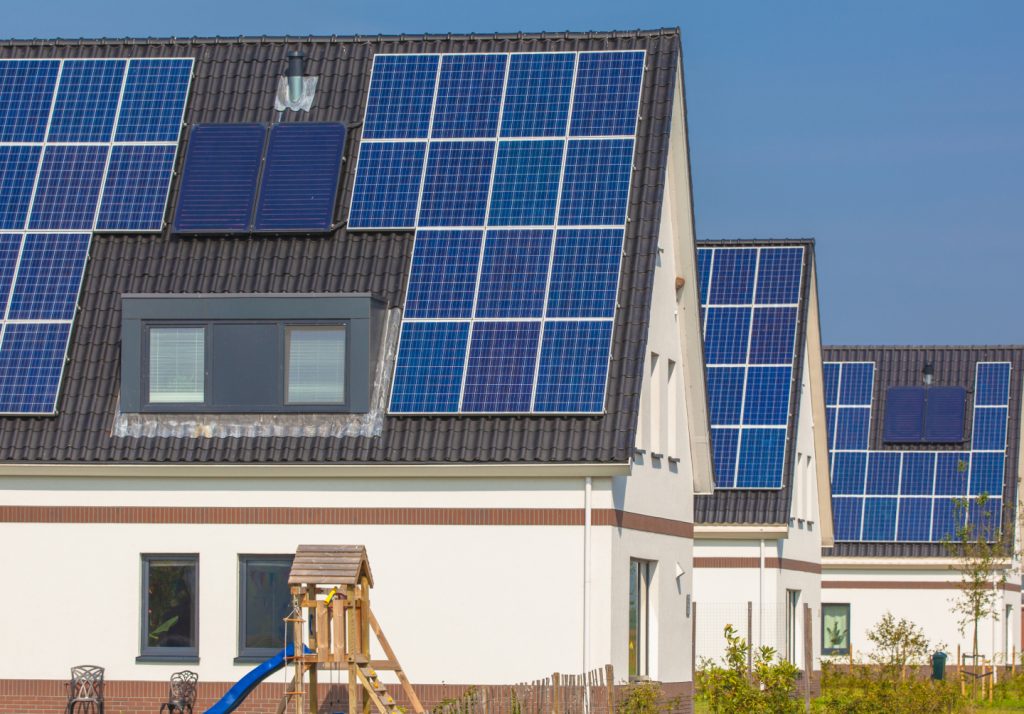
Smart meters are the backbone of a cleaner energy future. As more households adopt renewable energy sources like solar or wind, smart meters allow these homes to feed excess energy back to the grid. Known as “distributed energy,” this approach helps balance demand, reduce reliance on fossil fuels, and promote greener alternatives.
Smart meters are already preparing the infrastructure to support an energy network where each household plays an active role.
Troubleshooting tips for smart meters

Occasionally, you might run into a few hiccups with your smart meter. Here are some troubleshooting tips:
- If Your Display Isn’t Working: If the in-home display goes blank or doesn’t update, try moving it closer to the main meter or restarting it.
- Loss of Signal: If there’s a temporary loss of signal, wait a few hours, as this usually resolves on its own. If it persists, contact your provider.
- Unusual Charges: Sometimes, high readings can result from overlooked appliances or unintentional high usage. Double-check your home for devices left on or heating set higher than usual.
Final thoughts
Smart meters are transforming the way we approach household energy, offering a convenient and effective means of managing your consumption, costs, and environmental impact. With real-time tracking, transparent billing, and the opportunity to make greener choices, smart meters empower you to take control of your energy habits like never before. Embracing a smart meter isn’t just about keeping tabs on your usage—it’s about making informed decisions, reducing waste, and taking a proactive step toward a more energy-efficient and sustainable future.
Whether you’re looking to save on your next bill, explore energy-efficient habits, or even feed into a renewable energy grid, a smart meter provides the foundation. So go ahead and make the smart choice for your energy needs—you’ll thank yourself in the long run.